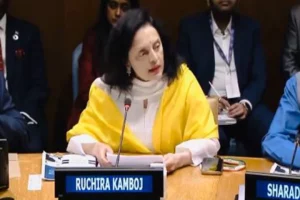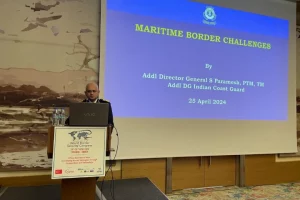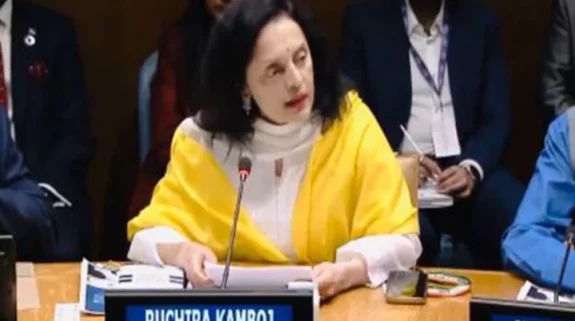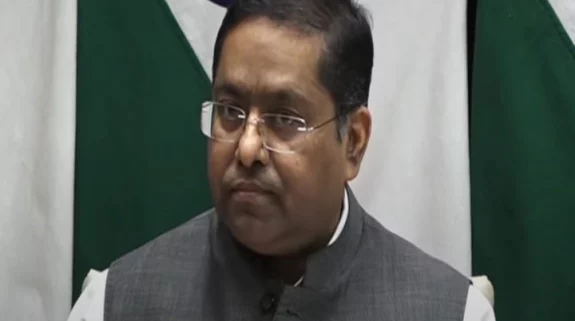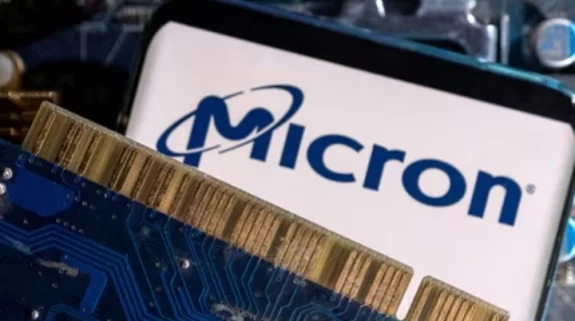In a landmark achievement in Space mission, a team of scientists from Pune's Inter-University Centre for Astronomy & Astrophysics (IUCAA) has discovered one of the farthest galaxies in the universe, officials said.
The galaxy, called AUDFs01 was discovered by a team of astronomers led by the Inter-University Centre for Astronomy and Astrophysics (IUCAA) Kanak Saha, announced Minister of State Department of Space Jitendra Singh.
The galaxy was discovered by India's first Multi-Wavelength Space Observatory 'AstroSat', which detected extreme-UV light from a galaxy located at an astronomical distance of 9.30 billion light-years from Earth.
This is the second achievement for Maharashtra in the past fortnight and comes after two students of IIT-Bombay discovered an SUV-sized asteroid that zoomed past just 2,950 km above Earth's surface on August 16. The students are Kunal Deshmukh from Pune and Kritti Sharma from Panchkula, Haryana.
The importance and uniqueness of this original discovery can be made out from the fact that it has been reported in the leading international journal "Nature Astronomy" published from Britain.
India's AstroSat/UVIT was able to achieve this unique feat because the background noise in the Ultra Violet Imaging Telescope (UVIT) detector is much less than one on the Hubble Space Telescope of US-based Nasa.
Singh lauded India's Space Scientists for once again proving to the world that India's capability in Space technology has risen to a distinguished level from where our scientists are now offering cues and giving leads to the Space scientists in other parts of the world.
IUCAA Director Somak Ray Chaudhury said, "This discovery is a very important clue to how the dark ages of the Universe ended and there was light in the Universe. We need to know when this started, but it has been very hard to find the earliest sources of light."
A noteworthy aspect is that AstroSat, which made this discovery, was launched by the Indian Space Research Organization (Isro) on September 28, 2015 during the first term of the Modi government.
It was developed by a team led by Shyam Tandon, Ex Emeritus Professor, IUCAA with the full support of Isro.
According to Tandon, the excellent spatial resolution and high sensitivity is a tribute to the hard work of the UVIT core team of scientists for over a decade..











